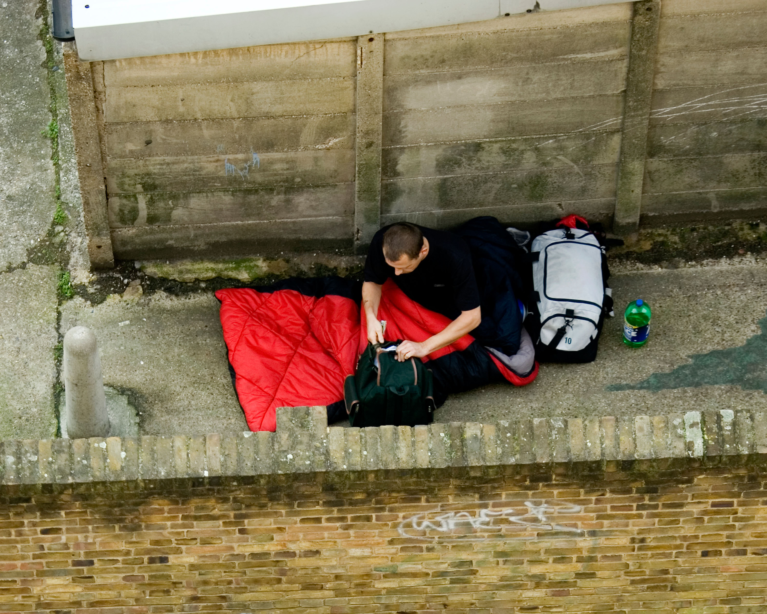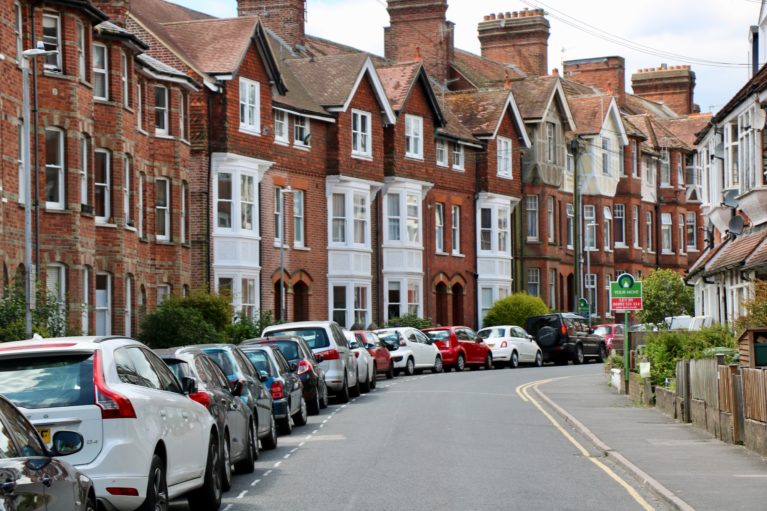Homelessness and public spaces / Hostile environment
Councils must resist becoming complicit in the hostile environment
Posted on 05 Nov 2019
The Government is trying to turn homelessness workers into border guards. Here are four things we’re asking councils to do to resist becoming complicit in the hostile environment.
Last July, a Freedom of Information request by Liberty revealed a new Government scheme aimed at turning homelessness workers into border guards.
The scheme – the Rough Sleeping Support Service (RSSS) – was at that time still in its pilot stage. But the documents we obtained showed the Home Office planned for it expand into a nationwide data-sharing scheme that would see homelessness outreach workers passing rough sleepers’ personal data to the Home Office without their consent.
The Home Office claimed the scheme would make it easier for homelessness services to obtain a person’s immigration status and offer them appropriate support. But it also admitted that a referral to the service would result in immigration enforcement in some cases – especially as the scheme didn’t offer rough sleepers to access free, high quality immigration legal advice at any stage in the process.
St Mungos, one of the UK’s biggest homelessness charities, was present at a meeting at which it was agreed that this proposed data-sharing deal would be developed further. The charity also asked another charity to refer test cases to the RSSS.
After Liberty worked with the Observer to make the allegations public, eleven local councils pledged not to share rough sleepers’ data with the Home Office. The Greater London Authority also wrote to the Minister for Communities, Housing, and Local Government expressing concern at the RSSS and its connection to immigration enforcement.
What can councils do?
We have joined a coalition of human rights groups and frontline homelessness support services who are calling on the leaders of all London councils to do four things:
1. Pledge not to participate in the Rough Sleeping Support Service until the Home Office provides detailed and transparent guidance about how the service operates, and this guidance is made publicly available.
2. Not to participate in any scheme that involves council employees or commissioned services including charity workers passing on personal information about rough sleepers to the Home Office without their fully informed consent at every stage.
3. Cancel service-provision contracts with voluntary-sector organisations that have a track record of passing on personal information about rough sleepers to the Home Office without their fully informed consent.
4. Make a detailed commitment to funding independent, specialized accommodation, advice and support services for migrant and refugee rough sleepers in their area.
The hostile environment can only function with the support of willing collaborators. Local authorities and homelessness outreach services must prioritise data protection, informed consent, and respect for human rights in all of their interactions with rough sleepers, whatever their immigration status.
In the longer term, we want to see the Government implement a data firewall to permanently separate essential frontline and public services from immigration enforcement. Only then will everyone – including people who are homeless – be able to seek the support they need free from the fear of facing detention or deportation as a result.
I'm looking for advice on this
Did you know Liberty offers free human rights legal advice?
What are my rights on this?
Find out more about your rights and how the Human Rights Act protects them
Did you find this content useful?
Help us make our content even better by letting us know whether you found this page useful or not


